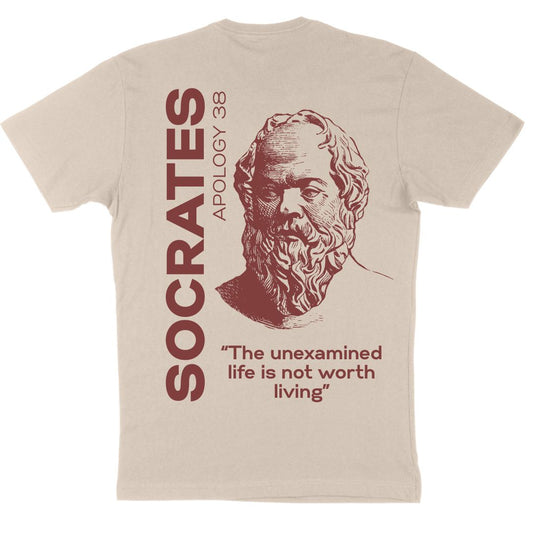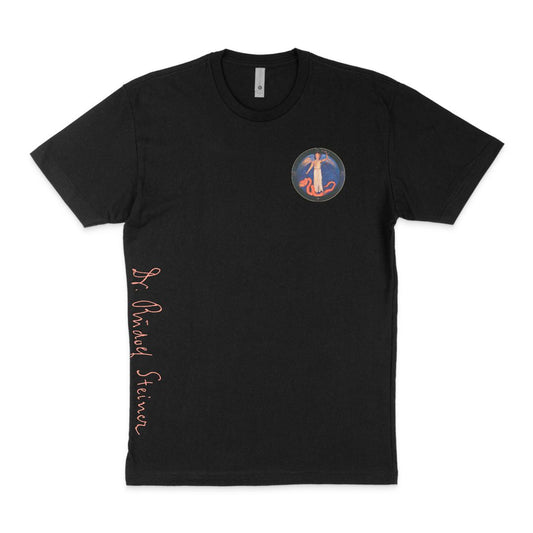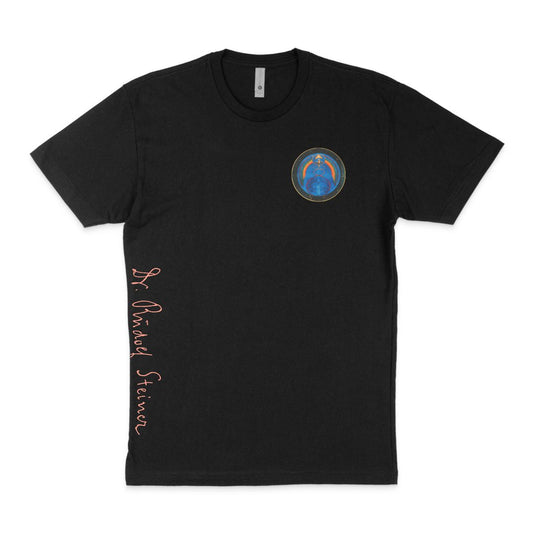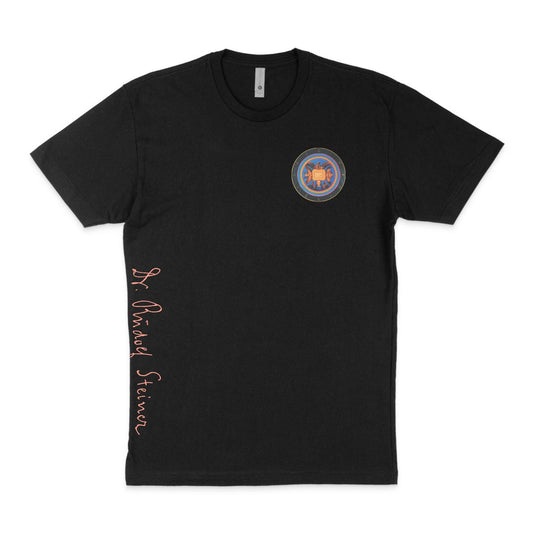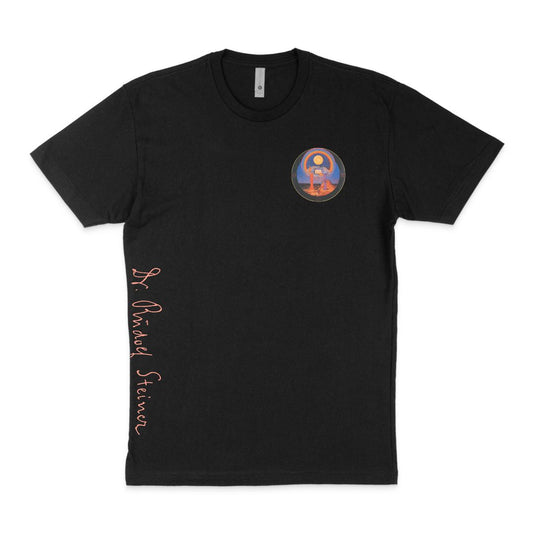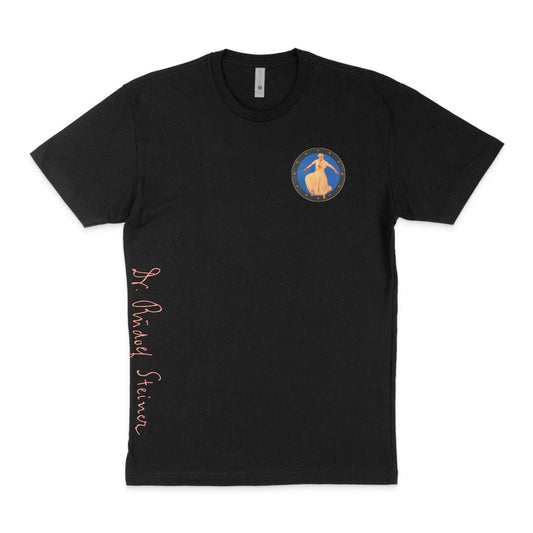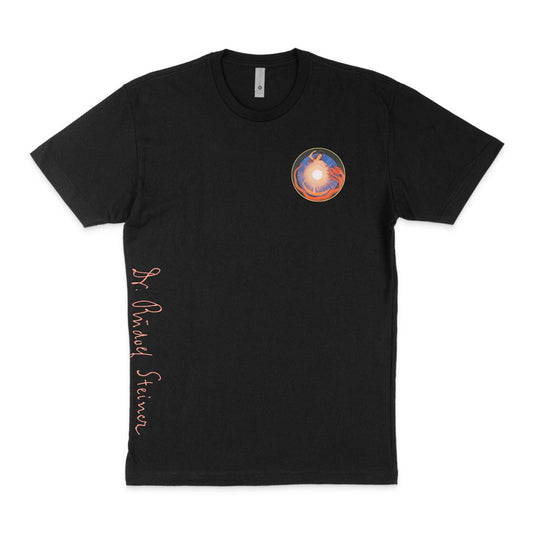-
Stoic Philosophy Research Support | Marcus Aurelius Thought Forms Studies
Regular price $34.00 USDRegular priceUnit price / per$41.00 USDSale price $34.00 USDSale -
Socrates Apology 38 Graphic Tee
Regular price $34.00 USDRegular priceUnit price / per$41.00 USDSale price $34.00 USDSale -
Virtual Reality books tshirt
Regular price $30.00 USDRegular priceUnit price / per$36.00 USDSale price $30.00 USDSale -
Virgo Consciousness Research Support | Practical Spirituality & Service
Regular price $60.00 USDRegular priceUnit price / per$72.00 USDSale price $60.00 USDSale -
Taurus Consciousness Research Support | Embodied Spirituality & Earth Wisdom
Regular price $60.00 USDRegular priceUnit price / per$72.00 USDSale price $60.00 USDSale -
Soul Calling Esoteric Tshirt
Regular price $34.00 USDRegular priceUnit price / per$41.00 USDSale price $34.00 USDSale -
Scorpio Consciousness Research Support | Transformation & Regeneration Studies
Regular price $60.00 USDRegular priceUnit price / per$72.00 USDSale price $60.00 USDSale -
Rudolf Steiner Third Apocalyptic Seal Tshirt
Regular price $30.00 USDRegular priceUnit price / per$36.00 USDSale price $30.00 USDSale -
Rudolf Steiner Sixth Apocalyptic Seal Tee
Regular price $30.00 USDRegular priceUnit price / per$36.00 USDSale price $30.00 USDSale -
Rudolf Steiner Seventh Apocalyptic Seal | Holy Grail Tshirt
Regular price $30.00 USDRegular priceUnit price / per$36.00 USDSale price $30.00 USDSale -
Rudolf Steiner Second Apocalypse Seal TShirt
Regular price $30.00 USDRegular priceUnit price / per$36.00 USDSale price $30.00 USDSale -
Rudolf Steiner Fourth Apocalyptic Seal Shirt
Regular price $30.00 USDRegular priceUnit price / per$36.00 USDSale price $30.00 USDSale -
Rudolf Steiner First Apocalyptic Seal T-shirt
Regular price $30.00 USDRegular priceUnit price / per$36.00 USDSale price $30.00 USDSale -
Rudolf Steiner Fifth Apocalyptic Seal Tshirt
Regular price $30.00 USDRegular priceUnit price / per$36.00 USDSale price $30.00 USDSale -
Rudolf Steiner Fan Club | Premium Soft Sweatshirt
Regular price $60.00 USDRegular priceUnit price / per$72.00 USDSale price $60.00 USDSale -
Rudolf Steiner Fan Club Tshirt
Regular price $30.00 USDRegular priceUnit price / per$36.00 USDSale price $30.00 USDSale
Collection: Spiritual Gifts & Metaphysical Products | Thalira
Discover Our Complete Collection of Consciousness-Supporting Products
Welcome to Thalira's curated collection of spiritual gifts, metaphysical products, and consciousness research tools. Every item is thoughtfully selected to support your inner development and esoteric studies.
What You'll Find
- Healing Crystals & Sacred Stones - Ethically sourced crystals for meditation, chakra work, and energy healing
- Rudolf Steiner & Anthroposophy Products - Support your study of spiritual science with meaningful merchandise
- Philosophy & Esoteric Apparel - 100% premium cotton clothing featuring sacred geometry, Stoic wisdom, and mystical designs
- Ormus & Consciousness Tools - Ancient alchemical preparations for modern seekers
- Ritual & Intention Items - Candles, bundles, and ceremonial tools for your spiritual practice
Why Choose Thalira
We bridge ancient wisdom traditions with contemporary consciousness research. Whether you're exploring Anthroposophy, Eastern philosophy, Hermeticism, or sacred geometry, our products are designed to support genuine spiritual development - not just aesthetic spirituality.
Each purchase directly funds ongoing research into Rudolf Steiner's work, comparative mysticism, and the intersection of science and consciousness studies.
Perfect For
- Meaningful spiritual gifts for seekers and researchers
- Students of Anthroposophy, Theosophy, and esoteric Christianity
- Meditation practitioners seeking quality crystals and tools
- Philosophy enthusiasts who want to wear their wisdom
- Anyone exploring consciousness, metaphysics, and inner development
Free shipping on orders over $100 CAD. Based in Canada, shipping worldwide.


